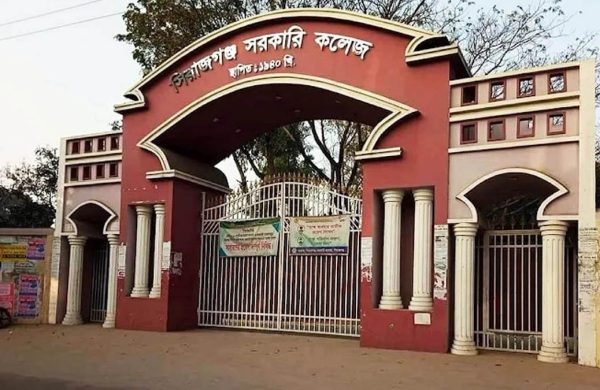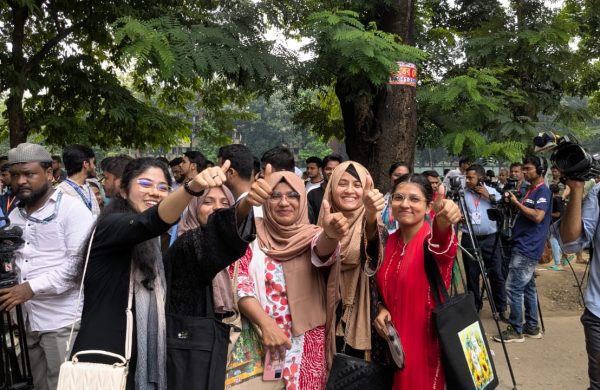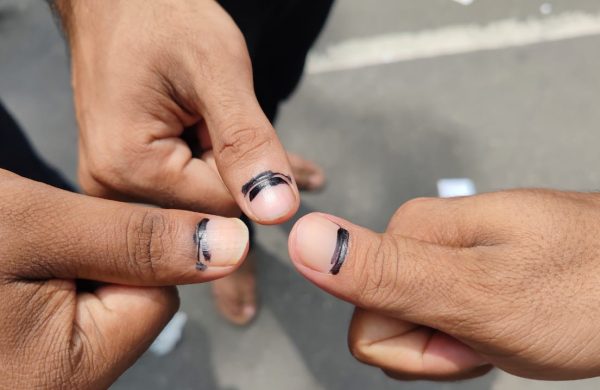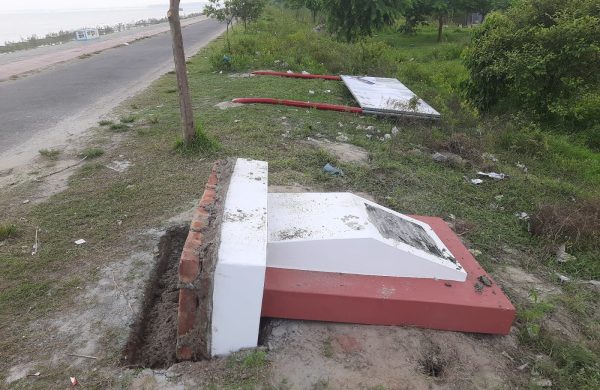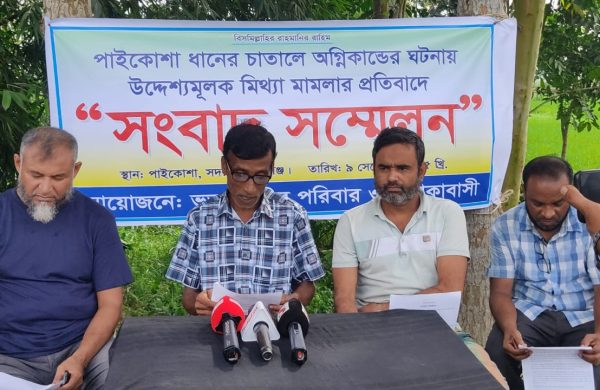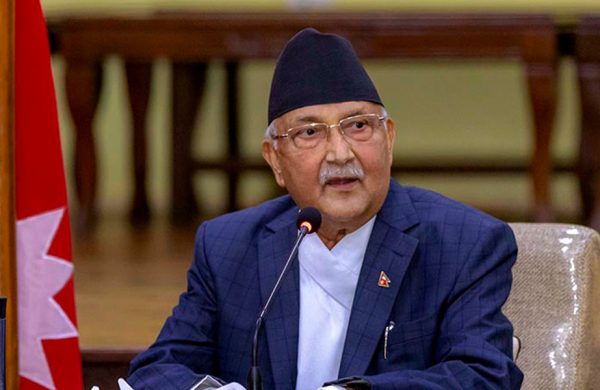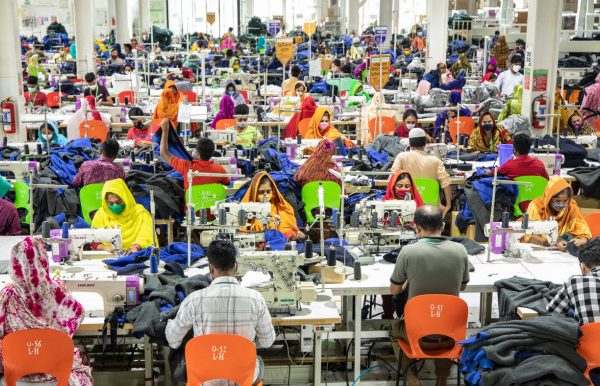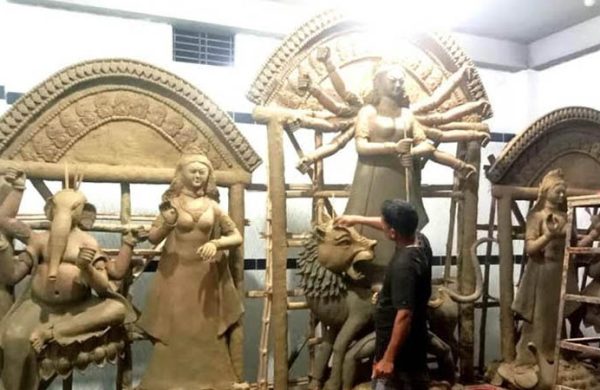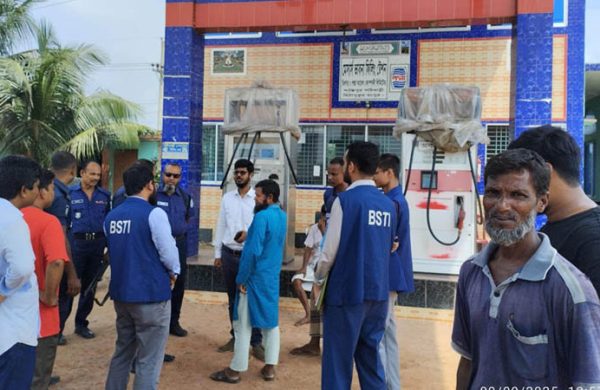Looking back at 2024: Tension remains in health sector, lack of priority implementation
- Update Time : Friday, December 27, 2024
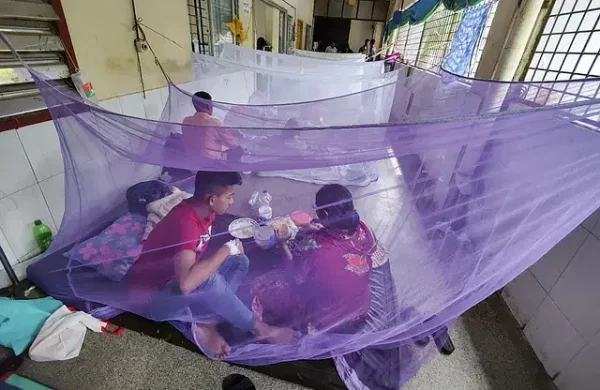
TDS Desk
As many as 810 dengue patients were admitted to different hospitals across the country on 1 January 2024, the first day of the outgoing year. Till being ousted, the Awami League government didn’t take any effective initiative for dengue prevention.
Coming to the year end, the number of hospitalised dengue patients surpassed 100,000 till yesterday, Thursday. Meanwhile, 569 people have died. Dengue hasn’t get enough attention from the interim government either. There was a fear of dengue continuing throughout the year.
The issue of people injured during the student-people mass uprising in July and August was the most-discussed topic in the field of healthcare. Health adviser Nurjahan Begum had stated during an interview with That in the last week of August that her priority was to make quality arrangements for the treatment of those injured at the time of the movement. However, there is criticism regarding inadequate treatment of injured people
A political government ran the ministry in the first seven months of the current year. Then the interim government took the charge. People concerned feel the health sector is somewhat at a loss. There’s a crisis of leadership. Though there hasn’t been any big news about financial corruption, various questions have arisen regarding transfers and postings.
In response to the question how was the year for the health sector, convener of ‘Shushasther Bangladesh’ Kazi Saifuddin Bennoor told That, “A dormancy and tension can be noticed in the health administration. The situation is a bit haphazard.”
“Unplanned transfers and postings, longstanding indecision in appointing the director general of directorate general of health services (DGHS) and incidents like besieging the health adviser have tarnished the reputation of the health sector. People have no idea of what’s the health affairs reform commission is doing. The matter of hope is that the policy makers are showing signs of goodwill by not engaging in rampant corruption.”
245 STILL HOSPITALISED
The public and private hospitals in the larger cities especially in capital Dhaka had fallen into unexpected pressure of patients during the student-people uprising in July and August. Hundreds of injured patients started arriving at the hospitals for emergency treatment in 17, 18, 19, and 20 July as well as the first five days of August.
Majority of these patients had been shot. More than thousand people arrived with pellet wounds in their eyes and bodies. The hospitals were seen having trouble to manage the situation.
It was stated from DGHS Management Information System (MIS) yesterday that at least 11,313 injured people had received treatment during that time while, 834 people had died.
The identities of each of these people and where they received the treatment could be confirmed. However, the number of injured and deceased people is even higher. The verification of the identities of remaining injured and deceased people as well as their medical documents is underway.
Many people are still hospitalised with severe injuries. Some go to hospitals regularly for follow-up treatment. As of Thursday, a total of 241 people were admitted in six hospitals in Dhaka (11 at Dhaka Medical College Hospital, 24 at BSMMU, 65 at National Institute of Opthalmology and Hospital, 3 in National Burn Institute, 102 at National Institute of Traumatology and Orthopaedic Rehabilitation, and 36 at Combined Military Hospital).
Apart from that, two people were admitted to Shaheed Ziaur Rahman Medical College and Hospital in Bogura while two others were admitted at Mymensingh Medical College Hospital.
Joint secretary of the health ministry, Muhammad Mustafizur Rahman stated that ten of the injured people have been sent abroad for treatment so far. Another person was supposed to be sent on 26 December. In addition to that, preparations are underway to send 21 more people abroad.
Though the treatment of injured people is on the priority list, they have complained of negligence or lack of treatment several times. They have carried out sit-in programmes too. In fact the health adviser has also faced a siege once.
On condition of anonymity, a director of a public hospital has told That that the injured people have been provided the best treatment possible by the hospitals and physicians in Bangladesh. Some of those who cannot be treated inside the country have been sent abroad. Now many others are also demanding to be sent abroad.
DENGUE REMAINS IGNORED
The country witnessed the most severe outbreak of dengue in 2023. As per the official figures, a total of 321,179 dengue patients were admitted to hospitals. Some 1,705 of them died. Such transmission rate and casualties from dengue is unprecedented in the history of the country. Despite that, the health ministry and the local government ministry did not take any additional measures to prevent dengue this year.
As a result, there have been reports of rising dengue patients and subsequent casualties right from the beginning of 2024, which continued throughout the year. The number of dengue patients came down in December. Still more than 9,000 dengue patients were admitted to hospitals this month and 81 people died of dengue this month.
The interim government didn’t take any additional measures to curb dengue related casualties either after taking over following the fall of the Awami League government. The health ministry and the DGHS relied on their regular works only. So the year 2025 is going to start with the same concerns as it was on the eve of 2024.
INSTABILITY CENTERING POSTS
Changes were made in the top posts of the health ministry and directorates and divisions under it.
The biggest controversy was surrounding the director general (DG) of the Directorate General of Health Services (DGHS). The interim government removed Khurshid Alam from the post of director general of the DGHS as he has close ties with former health minister Zahid Maleque. At first, the ministry appointed Robed Amin as the DG of the DGHS. However, pro-BNP physicians’ organisation Doctors Association of Bangladesh (DAB) opposed the decision. Later, pro-Jamaat National Doctors Forum (NDF) protested the appointment.
A section of the physicians staged demonstrations in front of the DGHS for more than a month. Robed Amin could not even work for a day as the chief of DGHS.
Later, physicians from the Swadhinata Chikitshak Parishad (SWACHIP) were removed from important posts one by one. They were replaced by the physicians from the DAB or NDF. However, there are allegations that efficiency and eligibility was largely ignored in case of these recruitments. There are also reports that some transferred physicians were barred from joining their new workplace after being identified as “accomplices of the fallen government” by other physicians.
There have also been changes at the secretary level. The interim government transferred the secretaries of the Medical Education and Family Welfare Division and Health Services Division, who were appointed during the Awami League regime. Akamal Hossain Azad was appointed the secretary of both divisions. He too was removed after a few days. He was replaced by Saidur Rahman. So many changes in the same post of secretary within such a short time, is a sign of instability in the sector to some people.
Several projects and works at the field and ministerial level have been stalled due to instability centering the transfers and reshuffles in the health sector. Job permanency of around 14,500 community clinic workers and employees has been pending since August. There are also cases of pending salaries. Postgraduate medical students are waging a movement for a raise in their honorarium. In all these, several infant deaths during their circumcision earlier this year and maternal deaths in several hospitals have been overshadowed.
COMMITTEE AND COMMISSION
The health ministry formed a 12-member committee through a notification published on 3 September for subjective reform of the health sector, qualitative development of medical services and to strengthen the health infrastructure. The committee consisting only physicians was headed by former DG of the DGHS professor MA Fayez.
The DAB rejected the committee. The media also criticised the fact that only physicians were on the committee. On 12 September, professor MA Fayez resigned from the committee citing personal reasons. Later, national professor AK Azad Khan was made the chief of the committee. He was also made the chief of the 12-member health sector reform commission formed by the government on 17 November.
Sources in the ministry say some members of the committee led by Azad Khan submitted a report on the reform of the health sector to health adviser Nurjahan Begum. The health sector reform commission is also working under Azad Khan. The commission is likely to submit a report by mid-February. There is confusion over the activities of the committee and the commission.
Asked about the overall situation, Dhaka University Institute of Health Economics professor Syed Abdul Hamid told that, “The year started with anxiety over dengue and it is still prevailing. However, the government has formed a commission to reform the health sector. We expect the Commission to make realistic recommendations in the short, medium and long term in its report. And if the government implements those, only then we can expect some positive changes in the health sector in the coming days.”


